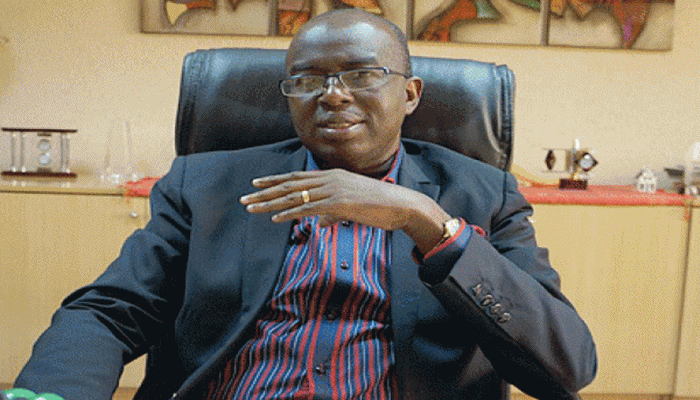
The Organised Business Sector under the Nigeria Employers Consultative Association (NECA), on Friday, said that except the Federal Government stopped subsidising fuel, its debt profile would continue to increase.
Mr Timothy Olawale, Director-General of NECA, said at a stakeholders’ forum in Lagos that business operators were concerned about government’s refusal to deregulate the downstream sector.
Olawale said that the fuel subsidy regime and the high debt profile were a major leakage in national revenue mobilisation.
He said that in spite of past counsel, government had yet to develop the political will needed to deregulate the downstream sector of oil and gas.
According to him, a former Central Bank Nigeria (CBN) Governor, recently said that in 2011, the country made 16 billion dollars from petroleum sales and spent 8.2 billion dollars to subsidise imported petroleum products.
He said that the non-deregulation of the petroleum sector had fueled the continued dependence on offshore sources for petroleum products.
The NECA boss who gave insight into the need for urgent deregulation of the downstream oil sector, said that the country had spent over N9 trillion on fuel subsidy.
He noted that the country spent N15.5 trillion on capital expenditure, N2.1 trillion on health and about N3.9 trillion on education in the last decade.
”This is a misplacement of priority and shows that critical areas of development such as education, health and infrastructure have suffered due to the expenditure on fuel subsidy.
”Fuel subsidy regime has created phony and emergency billionaires at the expense of millions of pauperised Nigerians,” the Director-General said.
He said that the growing debt stock with huge percentage of the budget over the last decade going to debt servicing was worrisome.
He said that incurring debt for developmental purposes was not in question, but the over N24.39 trillion debt stocks, taking over 20 per cent of annual national budget to service, should be a source of worry.
He said that although the argument of debt to GDP ratio was tenable but the IMF warned that Nigeria’s Debt-to-GDP Ratio was risky and could not be guaranteed going forward.
“Government should manage the rising debt profile, both at the states and federal level as this portends a gloomy future for the nation.’’
Olawale urged the government to take steps to end subsidy regime and use the savings to support the real sector, subsidise critical and productive economic sector and help lift the proposed 100 million Nigerians out of poverty.
-NAN






